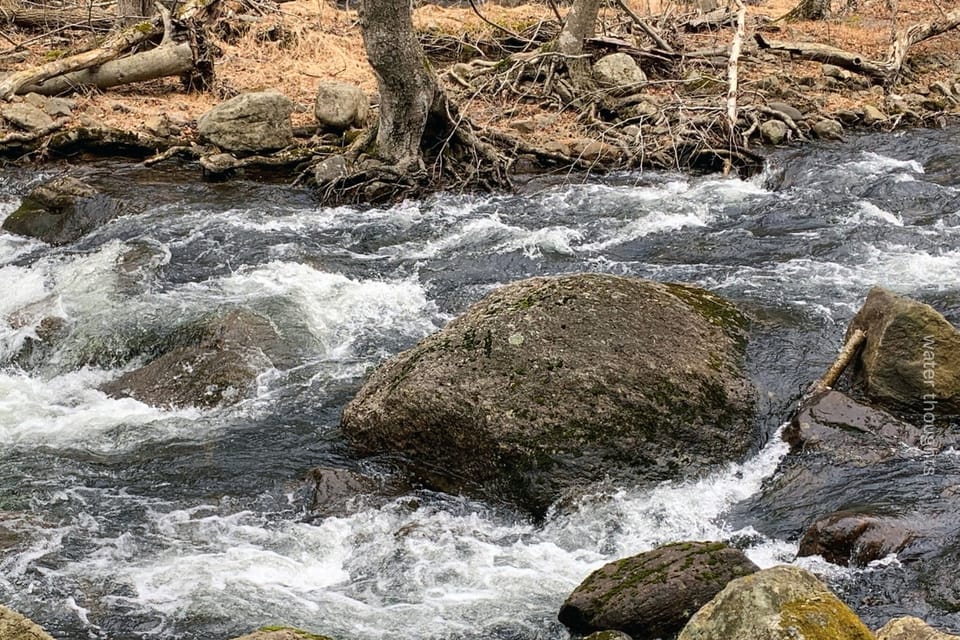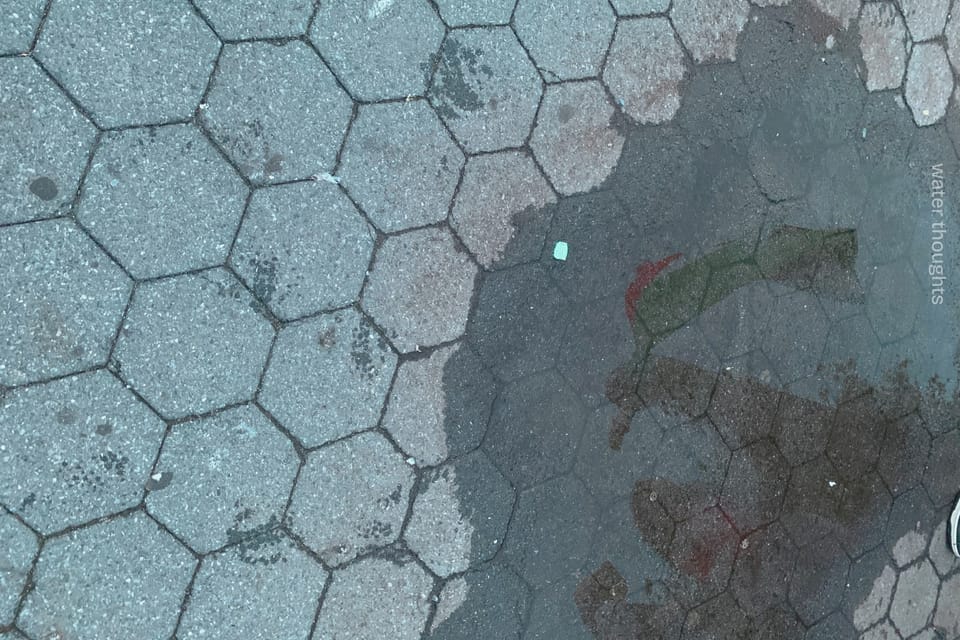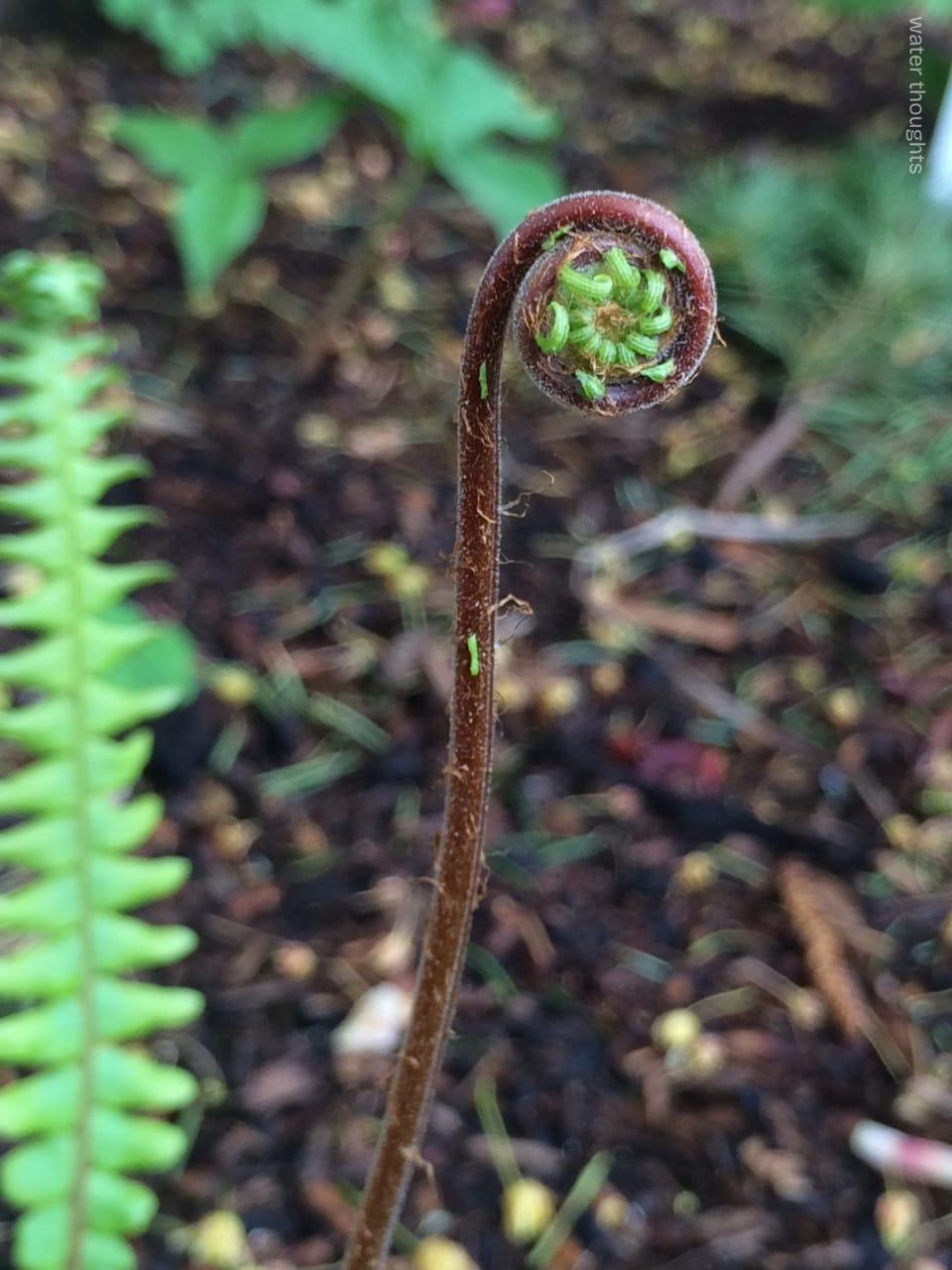to unfurl and out reach/ out: part 1
With a flower that was once my spring friend, I write about unfurling, share reflections with a quote I appreciate from Walter Rodney, and begin to explain why I share books I was reading.
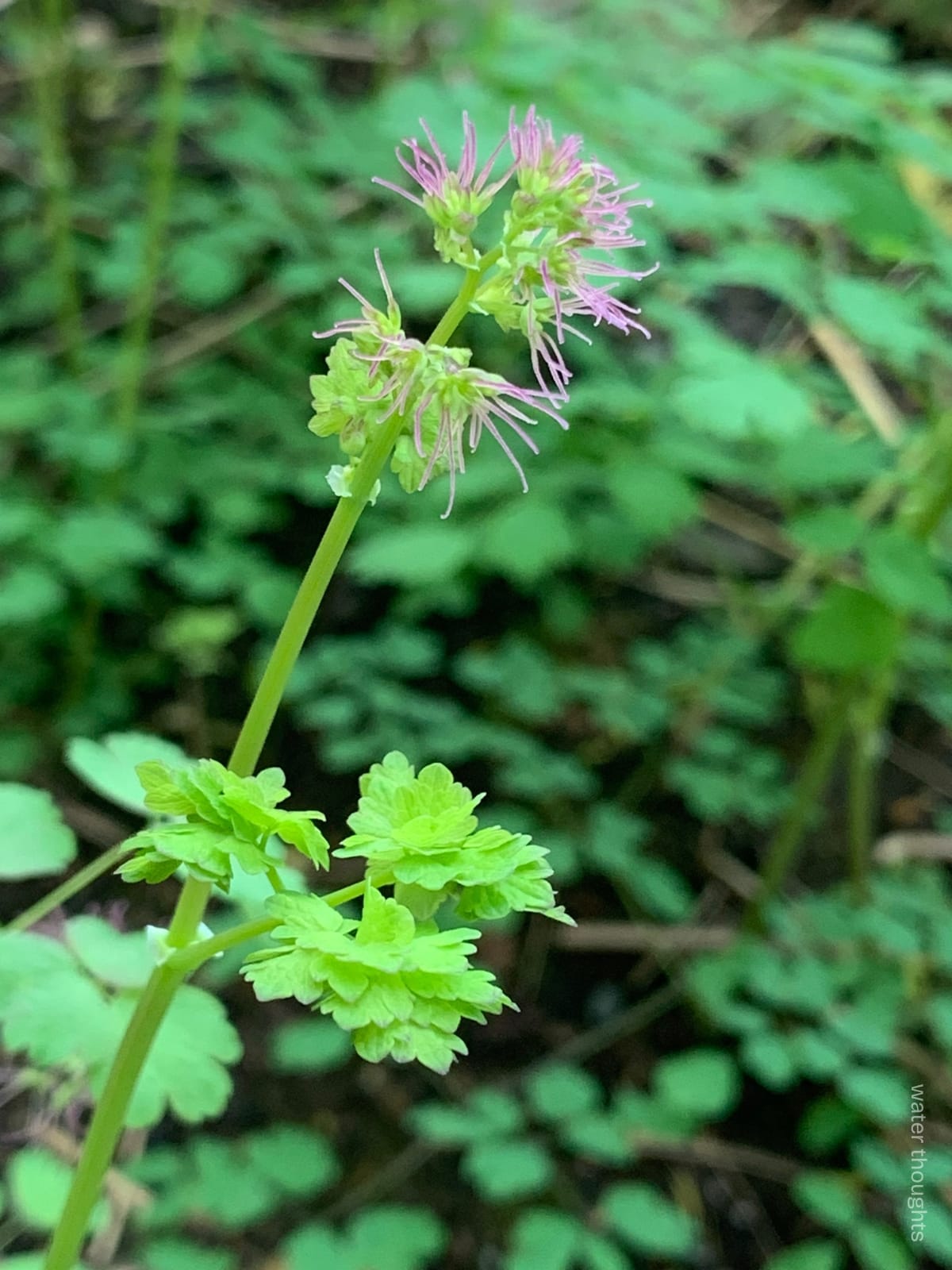
It takes me so long to post, so much I care about is happening in the world, I will always do things not shared here. I don't know if this is worth the effort, but I also know I have to try, for many reasons.
I think I figured out how to split up what became too long to me, even if the order is now different. Part 2 was written before Part 1. Sometimes it's about finding a way. And finding a way without losing connections, I've lost so many connections to people.
I want to stop the killing, bombing, burning, of children, babies, families, journalists, people, the atrocities against so many, the starving of so many, the rapes, the displacements, the detentions, the beatings, the bullying, the terrorizing, in so many countries, across and within so many borders that enforce pain. So much I witness, so hard to share, to whom, how, when words weren't there, and now only in some kind of way. So much I cannot share here, but to find a way out of my brain, my heart, as I can.
"freedom will come from those who are the most oppressed"
This passage from Walter Rodney's Decolonial Marxism has been resting in my heart, holding company with a Palestinian child torn in half by Isra#l and its weapons, with the support of the US, and so many other horrors that are unconscionable, that feel unstoppable, but that is why we fight, together, all struggles interconnected, because we must:
To conclude, perhaps the most important reason for confidence and for revolutionary optimism – with respect to both the political problem which is immediate and the long-term economic problem – is that the peoples of the Third World have not been dehumanized, in spite of everything: in spite of slavery, in spite of colonialism. The historical record will show that it is the peoples of the metropoles who have gone through the most dehumanization. That’s the way it is. Slavery has dehumanized slave masters more than it has dehumanized slaves. Colonialism has dehumanized the colonialist more than it has dehumanized the colonial people. The working class in the metropoles is more confused, more alienated and less in control of their own destiny than the peasants in the African countryside and the workers on plantations in the Third World countries. The latter do not have any crumbs or fruits that have been thrown at them to increase their confusion. Nor have they been living within a society which assails them on all sides with a variety of myths that cloud exploitation under the banner of God and country, and so on. Ultimately, it seems to me that freedom will come from those who are the most oppressed. Slaves rather than slave masters are the repositories of freedom; liberation will come from those who are not yet liberated, and human dignity will be reasserted by those who are not yet dehumanized.” [1]
reaching for imperfection
The plant above, a western meadowrue (Thalictrum occidentale), in its most beautiful state to me is in its emergence, unfurling its leaves, reaching up, reaching out, reaching up again, until opening out while still reaching out.
Each spring I appreciated being able to watch it emerge. This photo was taken almost exactly two years ago, no, by the time I post this, it was exactly two years ago, the last spring I would be able to take its photo. There was a time this plant and its neighbors, its comrades, were my friends. They were still young when they showed me what was hidden among and between and below them—the mycorrhizae that connected them.
unfurl, v.
"make or become spread out from a rolled or folded state, esp. in order to be open to the wind" (from Oxford Languages)
While the description for unfurl may not accurately describe why the plant above unfolds its leaves, which in some ways it doesn't really do as much as grow new leaves that spread out from each other, though maybe the flowers do somewhat, it feels like a somewhat appropriate description for myself and what I have been trying to do, though I am also growing too, in my case, neurons, functionality, change.
And wind is a place of comfort, but only because I can protect myself from its ravages. For years, when I was feeling most down, my partner would place his hands under my arms and lift slightly to give them encouragement to flap up and down, as a child might do with their arms pretending to be a bird. My arms felt heavy and he lifted the weight, helping me feel.
And so much I want to write here. But in that place of healing, it gives me capacity to continue. One day I might unfurl enough to be back in community where people know me, until then I show up when I can, into places that feel like community to me. They are the closest I've been able to find outside of our community of two in my home. This website is also part of my effort, starting again, in so many ways. For everything I share, there are so many thoughts saved off for trying to put words together. That was true for this post, many seeds.
about "Books I was reading when I wrote this post"
I don’t remember if I wrote yet about why I list books that I was reading during the time I was writing at the bottom of each post. To begin an answer, it is a partial if inadequate way that I found to share what books might be influencing me, to add some transparency, to answer the question "what are you reading today/this weekend?", to share books that it might take me months to read. And then I found that it helped me as well. Each one is in a light gray box with book and seedling emojis.
books
At the end of each post, I will share books I referenced and recommend unless the post itself already contains recommendations with book covers or the book is not part of recommendations, but was related to a quote or passage I shared. Some books, I will touch on again, but in case that doesn't happen, I will try to include each.
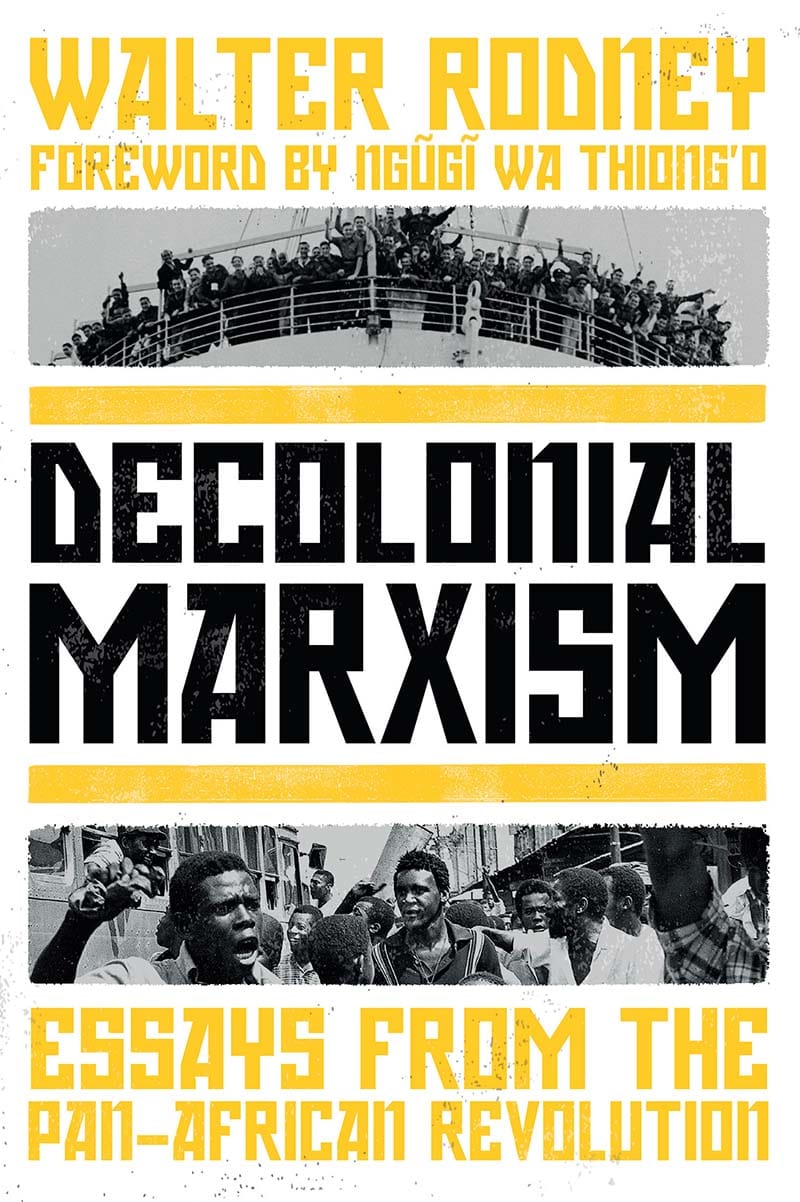
Decolonial Marxism: Essays from the Pan-African Revolution (2022) a book by Walter Rodney, foreword by Ngũgĩ wa Thiong'o, published by Verso Books.
Get any/all of these books wherever you get your books.
Please support libraries however you can. Find out many ways to get involved in supporting libraries at Libraries for the People.
Please consider purchasing books when they are available from Workshops 4 Gaza's bookstore. When I share books that are available for purchase there, I will list them here.
Thank you for reading.
notes
Walter Rodney, Decolonial Marxism (Verso Books, 2022), Part II Development and Underdevelopment, Ch 8. "Problems of Third World Development," displayed passage is the concluding text before Q&A.↩︎
